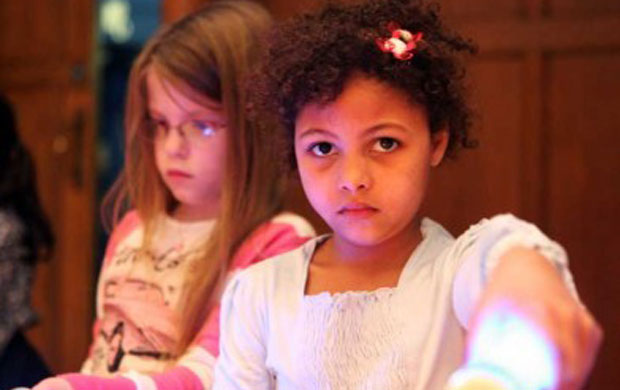Even the most amicable divorce can be tough on kids and can affect everything from their education to their mental health. In this article, we’ll be looking at how to raise happy healthy children during a divorce, whatever the circumstances for the divorce may be.
Divorce can be a difficult and frustrating experience for both parents and children. The process of separating can be especially challenging when children are involved, as parents may worry about the impact it will have on their children’s happiness and well-being. However, it is possible to raise happy, healthy children during a divorce.
Once you’ve got the proceedings rolling with your London family lawyer, it’s important to try and prioritise your kids’ happiness and wellbeing. To help you with this, we’ll be offering some actionable tips for parents who want to support their kids through this emotional time.
Start with Yourself
Children are good at picking up on their parent’s emotions, and it can be very distressing for a child to see their mum or dad crying or angry. Make sure that you’re getting the support that you need to help you manage your feelings during your divorce.
If necessary, call upon friends or family to watch the kids for an hour or two to give you some time to yourself. If you have a good network of family and friends to lean on then great, but don’t be embarrassed about seeking professional help such as a counsellor should you feel that you are struggling to cope with your divorce.
Open Dialogue
During the divorce, it’s likely that your child will see that you’re stressed and busy and may therefore feel as though they shouldn’t bother you. Make it clear to your child that you want to hear about how they’re feeling and reassure them that it’s perfectly normal to feel anxious about what’s happening.
It’s important to encourage your child to ask questions about the divorce, especially if they are worried about how it will affect their living situation or schooling. By addressing their concerns early on, you can help them gain perspective and feel more at ease about any potential changes to their lifestyle.
Avoid Blame
Regardless of the reasons for divorce, it is crucial to avoid putting children in a situation where they feel they have to choose sides. This involves refraining from speaking negatively about your ex in front of them, even if you are tempted to do so, and avoiding interrogating your child about their time with your former partner.
It is acceptable to ask about their activities and if they had a good time, but it is best to avoid asking too many questions about their home life or whom they may have interacted with during their visit.
If your child attends school, nursery, or a social club, it’s advisable to inform the teachers or organisers about your divorce. Children may exhibit disruptive behaviour at school following their parents’ divorce. Therefore, it’s beneficial for teachers to know about the child’s situation so that they can handle it with greater sensitivity and effectiveness.
Be Flexible
Unless there is an issue of safety, try to be flexible and reasonable when it comes to allowing your ex to see the children. It’s not advisable to use denial of access as a negotiation tactic since it may worsen the situation and affect the child emotionally.
It is not acceptable to use children as a means of negotiation, as it can make them feel uneasy and alone. Try to agree on a reasonable visiting schedule with your former spouse and avoid making changes to this schedule wherever possible.
It’s important to allow your child to communicate with the other parent through phone or digital means whenever they want, as long as it’s reasonable. However, it’s a good idea to establish some guidelines, such as no calls after a certain time at night.
Maintain a Routine
From the moment that you separate, it’s important to get to grips with the nuts and bolts of co-parenting, including rules. It’s not uncommon for the parent who doesn’t live with the child to loosen their rules and make exceptions, such as letting the child stay up late or have more treats than usual. This could be a way of overcompensating.
When going through a separation, it’s crucial to maintain a sense of normalcy for the child. To achieve this, both parents should uphold the same rules that were in place when living together. This, in turn, can contribute to their overall well-being and happiness.
Childcare and Self-Care During a Divorce
During a divorce, you’ll find yourself dealing with a lot of stress, from the practicalities of living arrangements and schools to the emotional toll of the separation. Because of this, it’s important to make sure that both you and your children are receiving the support that you need.
Going from being in a relationship to being a single parent or a parent who doesn’t live with their kids can be a difficult adjustment. It’s completely acceptable to seek assistance from a professional if you’re having a hard time coping with the situation. There’s no need to feel ashamed.
Please be advised that this article is for general informational purposes only, and should not be used as a substitute for advice from a trained legal professional. Be sure to consult a family solicitor if you’re seeking advice on divorce. We are not liable for risks or issues associated with using or acting upon the information on this site.








